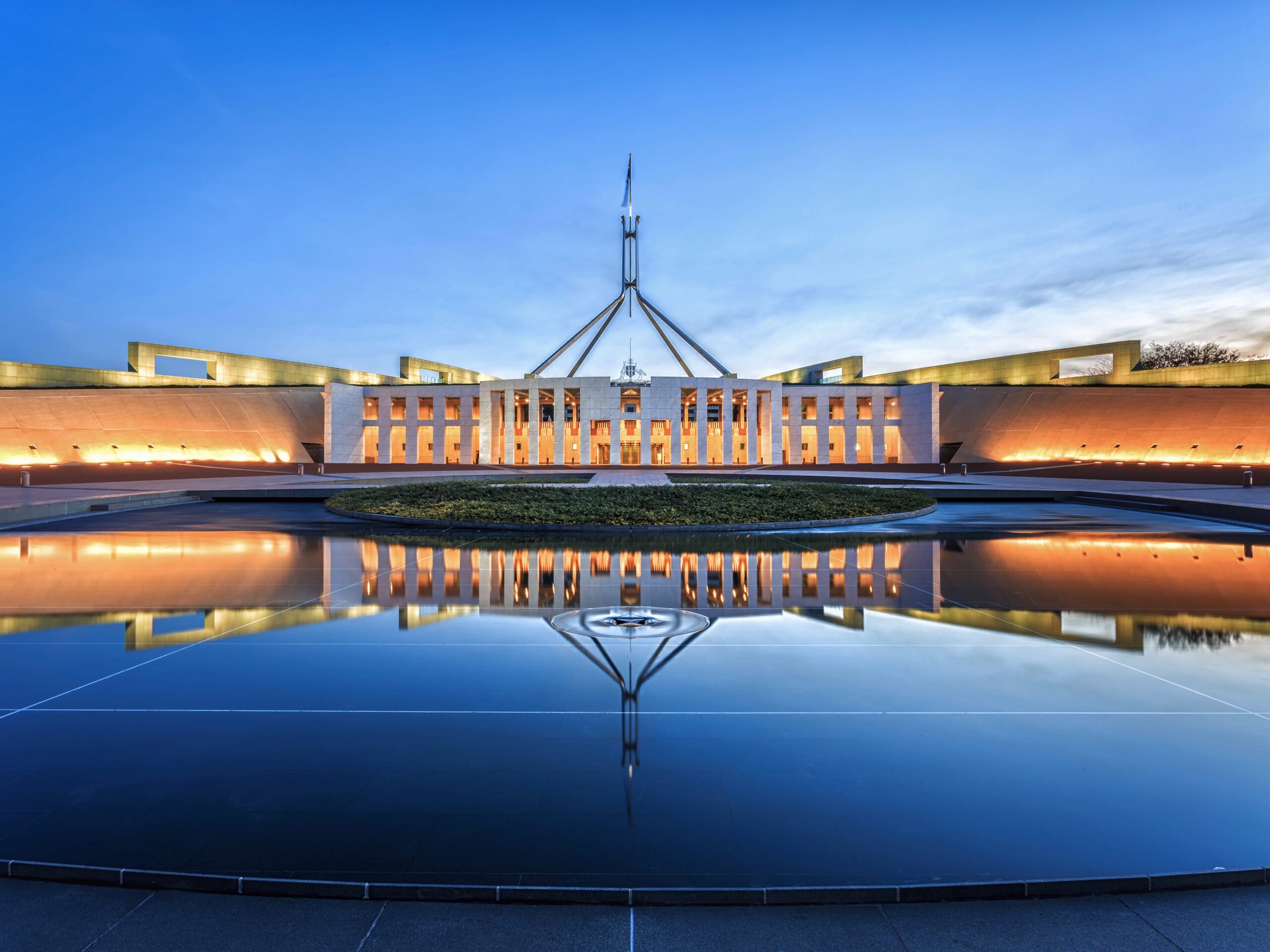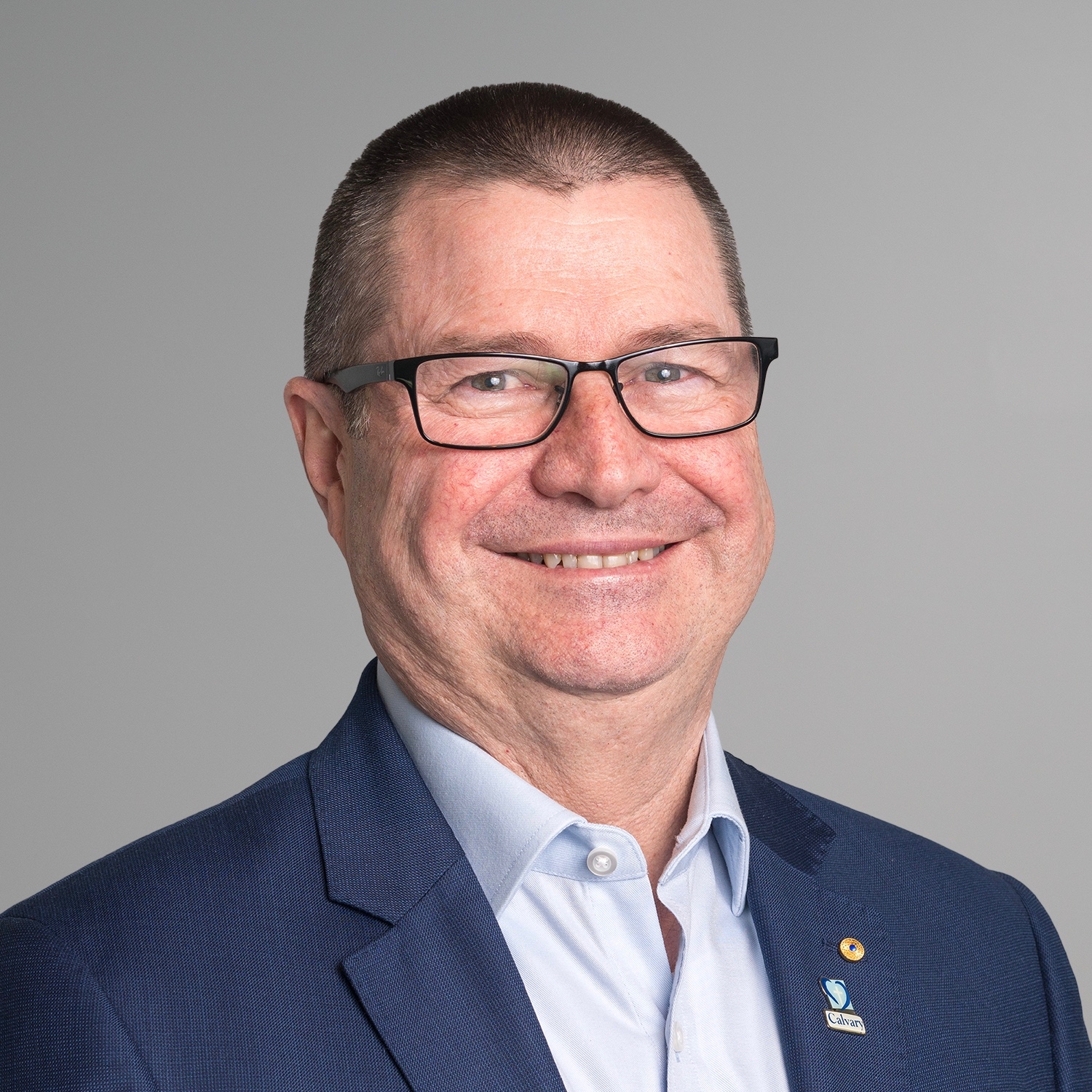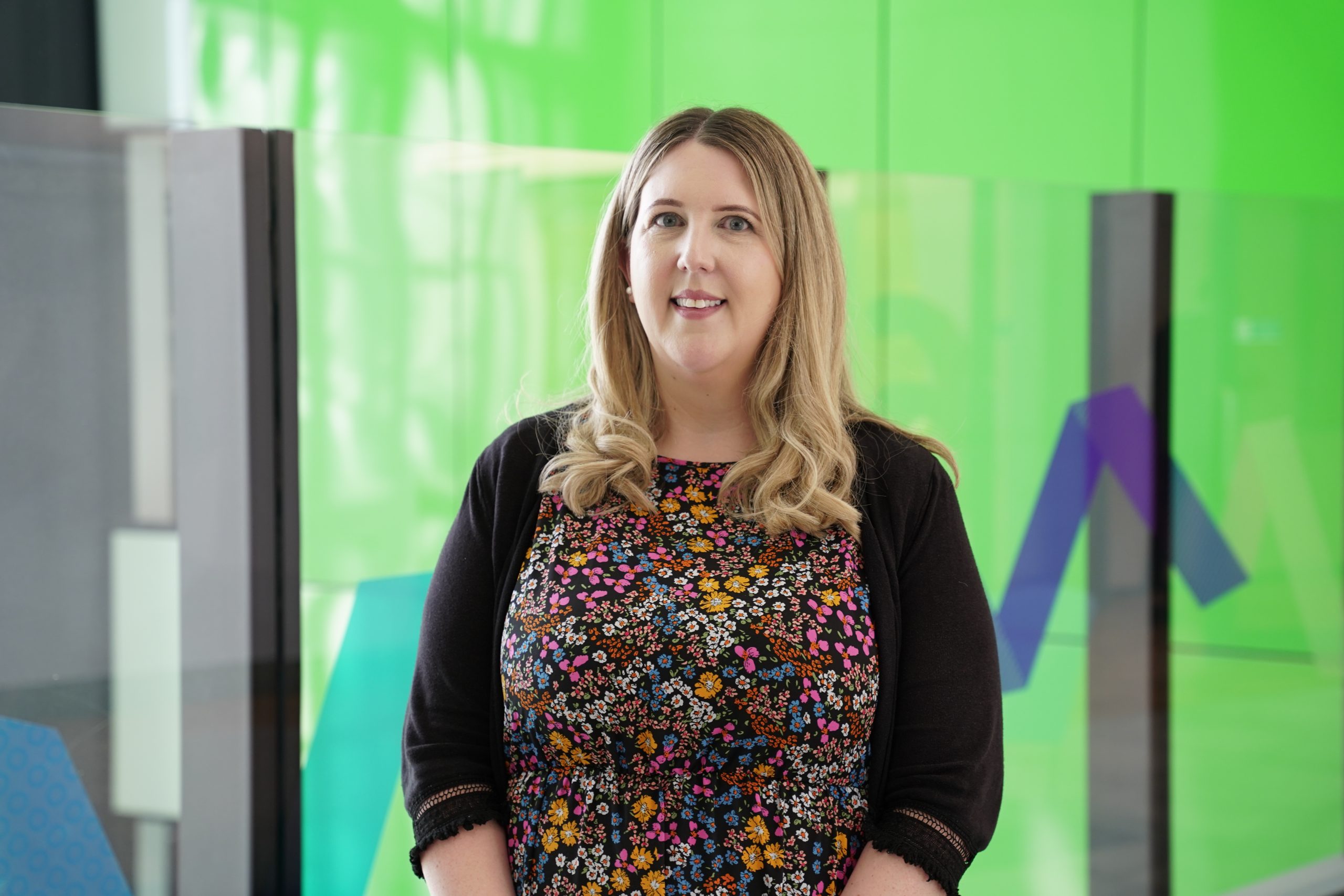The nation’s peak body for health and medical research and innovation, Research Australia, has welcomed University of Wollongong Vice-Chancellor and President, Professor Patricia M. Davidson and CSL, Vice President of Research, Dr Michael Wilson, to its Board.
Chair of Research Australia Martin Bowles AO PSM said, “It is wonderful to be able to enhance our Board with two well renowned leaders in health and medical research. Professor Davidson and Dr Wilson bring extensive local and international clinical, academic, and drug development expertise.
“Professor Davidson is best known for her contributions to improving cardiovascular nursing and transitional care, with a focus on underserved populations in a global context. Patricia’s contribution to nursing and advocacy for nursing, as well as her leadership in higher education, will be invaluable as we focus on workforce innovation and change in the health and medical research sector.”
“Dr Wilson is an experienced research professional who has spent many years in the biotech industry. Michael has a track record of developing and leading drug development project teams for a range of clinical indications including rare diseases in hematology, immunology, and respiratory therapeutic areas,” Martin Bowles said.
Research Australia’s CEO and Managing Director, Nadia Levin is delighted to welcome two experienced and dedicated individuals to the Board of Research Australia.
Nadia said, “We look forward to working closely with Patricia to learn from her international experience and amplify the work that she is doing championing improved academic and health outcomes for women. As a representative of the health and medical research community on the Government’s Women’s Health Advisory Council, which was an initiative announced by Minister Kearney at the 2022 Research Australia Awards, this is an important cause for Research Australia.”
“Michael brings extensive knowledge and experience in the pharmaceutical and biotech sector, particularly in early-stage drug discovery and innovation. He is also a member of Brandon BioCatalyst Investment Review Committee and the Centre for Biologic Therapies Governance Committee. This synergy between research and commercialisation is vital for all facets of the health and medical research pipeline,” Nadia said.
Research Australia has also expressed its heartfelt thanks to outgoing Director Dr Andrew Nash, Senior Vice President Research and Chief Scientific Officer, CSL. “While we will miss the expertise and insight of Dr Andrew Nash on our Board, we are delighted that he can continue to share his deep knowledge of the health system with Research Australia as part of our prestigious alumni group,” Martin Bowles said.
Biography
Professor Patricia M. Davidson PhD, MEd, RN, FAAN
Patricia joined the University of Wollongong as Vice-Chancellor in May 2021. Prior to her current role, Professor Davidson was dean of the Johns Hopkins School of Nursing in Baltimore in the United States. In 2021 she was the recipient of the Consortium of Universities for Global Health (CUGH) Distinguished Leader Award. This honour celebrates her exceptional contributions to the advancement of global health worldwide.
As a global leader in nursing, health care, and advocacy, Professor Davidson’s work focuses on person-centred care delivery and the improvement of cardiovascular health outcomes for women and vulnerable populations. She has extensively studied chronic conditions, transitional care, palliative care, and the translation of innovative, acceptable, and sustainable health initiatives across the world.
Professor Davidson serves as counsel general of the International Council on Women’s Health Issues and was a past board member of CUGH and secretary general of the Secretariat of the World Health Organizations Collaborating Centres for Nursing and Midwifery.
Michael Wilson
Michael Wilson, BSc (Hons), PhD, MBA is Vice President, Head of CSL Research at the Bio21 Institute, CSL’s hub of early-stage research and translational science. Michael and is an Honorary Senior Fellow at the University of Melbourne.
Michael completed his PhD at the University of Melbourne in 1995 focusing on recombinant vaccines before moving to the UK in 1996, where he researched the genetics and function of immune cell receptors at Cancer Research UK and subsequently at the University of Cambridge. Michael completed his MBA whist in the UK at the University of Warwick.
In 2001, Michael joined GlaxoSmithKline (GSK) leading a team with a primary focus on autoimmune diseases including asthma, rheumatoid arthritis and inflammatory bowel disease (IBD).
In 2008, he joined CSL Limited as the Head of Molecular Biology within CSL Research before taking the position of Vice President, Head of CSL Research at the Bio21 Institute. Michael leads a team which focuses on the discovery and development of new protein, cell and gene-based medicines to treat serious human disease.





